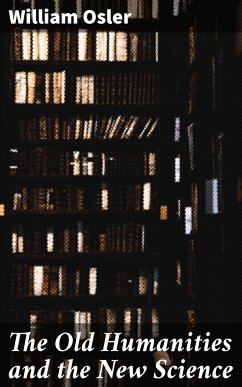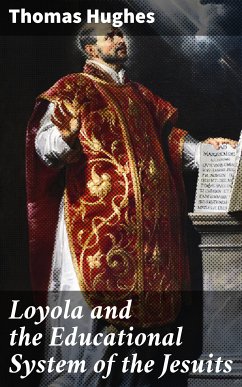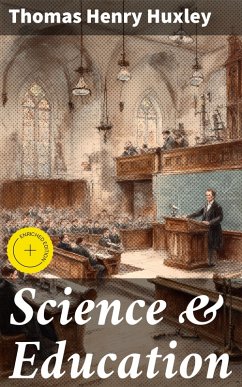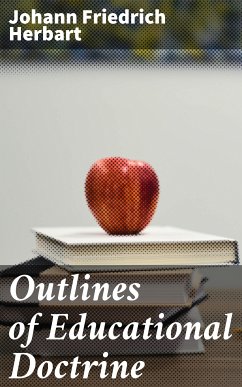
Essays on Education and Kindred Subjects (eBook, ePUB)
Enriched edition. Everyman's Library
Kommentar: Warner, Molly / Redaktion: Good Press
Versandkostenfrei!
Sofort per Download lieferbar
1,99 €
inkl. MwSt.
Weitere Ausgaben:

PAYBACK Punkte
0 °P sammeln!
In "Essays on Education and Kindred Subjects," Herbert Spencer presents a thought-provoking exploration of educational philosophy and its intersection with society, politics, and ethics. Spencer employs a clear and incisive literary style, weaving together philosophical arguments and empirical observations to advocate for an education system that emphasizes individual development and social relevance. Positioned within the broader context of the 19th-century intellectual movement, this work reflects the Victorian era's interest in progress, utilitarianism, and the application of evolutionary t...
In "Essays on Education and Kindred Subjects," Herbert Spencer presents a thought-provoking exploration of educational philosophy and its intersection with society, politics, and ethics. Spencer employs a clear and incisive literary style, weaving together philosophical arguments and empirical observations to advocate for an education system that emphasizes individual development and social relevance. Positioned within the broader context of the 19th-century intellectual movement, this work reflects the Victorian era's interest in progress, utilitarianism, and the application of evolutionary theory to human institutions, making it essential reading for those studying the evolution of educational thought. Herbert Spencer, a prominent philosopher, and sociologist known for his evolutionary perspective on society, was profoundly influenced by the scientific discoveries of his time. His experiences as a writer and social critic, combined with his intimate knowledge of the educational system, fueled his desire to reform education in a way that aligned with natural laws. Spencer's ideas contributed significantly to the foundation of modern educational practices, focusing on the importance of adapting education to the needs of the individual and society as a whole. This collection of essays is highly recommended for educators, sociologists, and anyone interested in the dynamic relationship between education and society. Spencer's insights encourage readers to reflect on the purpose and methods of education, making this book a vital resource for understanding the historical context and ongoing evolution of educational practices. In this enriched edition, we have carefully created added value for your reading experience: - A comprehensive Introduction outlines these selected works' unifying features, themes, or stylistic evolutions. - The Author Biography highlights personal milestones and literary influences that shape the entire body of writing. - A Historical Context section situates the works in their broader era-social currents, cultural trends, and key events that underpin their creation. - A concise Synopsis (Selection) offers an accessible overview of the included texts, helping readers navigate plotlines and main ideas without revealing critical twists. - A unified Analysis examines recurring motifs and stylistic hallmarks across the collection, tying the stories together while spotlighting the different work's strengths. - Reflection questions inspire deeper contemplation of the author's overarching message, inviting readers to draw connections among different texts and relate them to modern contexts. - Lastly, our hand-picked Memorable Quotes distill pivotal lines and turning points, serving as touchstones for the collection's central themes.
Dieser Download kann aus rechtlichen Gründen nur mit Rechnungsadresse in A, B, BG, CY, CZ, D, DK, EW, E, FIN, F, GR, H, IRL, I, LT, L, LR, M, NL, PL, P, R, S, SLO, SK ausgeliefert werden.













